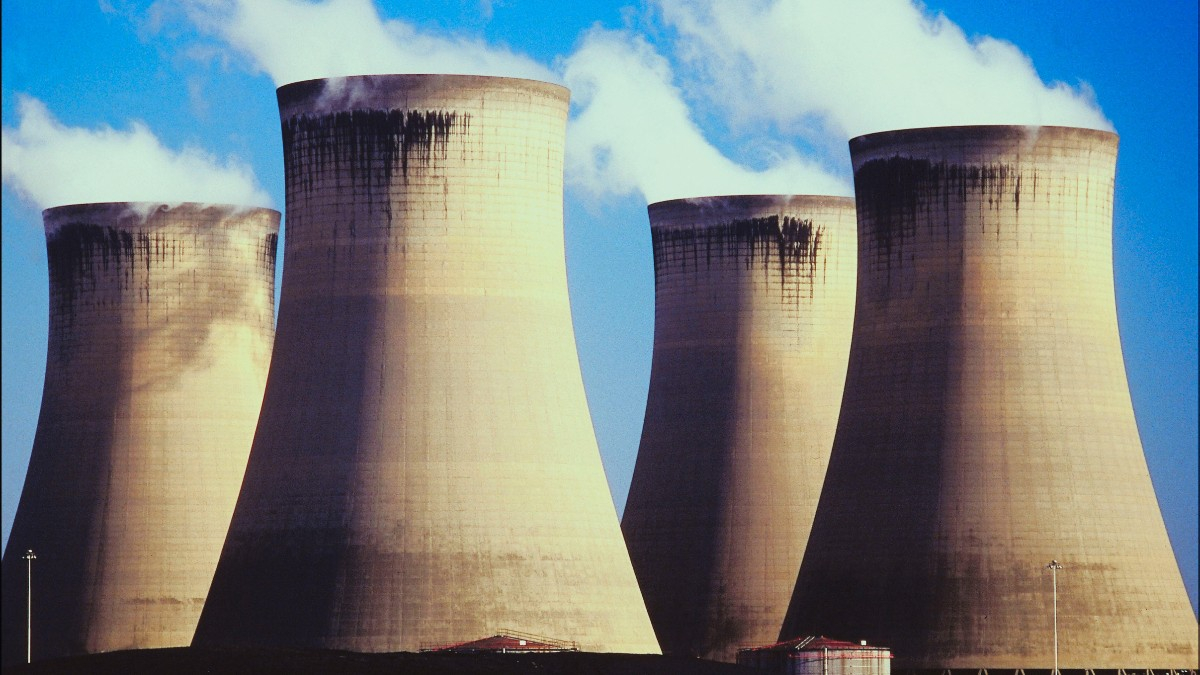While tensions in the Middle East escalate ever higher, the question as to whether Israel should attack Iran’s nuclear facilities is again hot. Following a recent missile barrage from Iran toward Israel, former President Donald Trump has weighed in publicly in favor of an attack. Meanwhile, President Joe Biden and a number of Republicans have also called for restraint, underlining the point that any response must not be disproportionate. These jarring contrasts in perspective dramatize fundamental questions about the possible consequences of military strikes against Iran’s nuclear infrastructure.
Rising tensions between Iran and Israel
Iran launched nearly 200 ballistic missiles at Israel on October 1, 2024, and called the strikes retaliation for Israeli actions against Iranian-aligned groups such as Hezbollah and Hamas. These missile attacks marked one of the most serious escalations in hostilities between the two nations in recent years. In response, Israeli Prime Minister Benjamin Netanyahu has said that Iran would “pay” for its aggression, offering the indication that a military response is on the table.
The debate on whether or not Israel should attack, seek targets of Iran’s nuclear facilities, has also mounted as pressure does. Former President, and current presidential candidate, Trump said the sites must be struck first while President Biden is against such an attack.
Trump’s position is a call for aggression
Trump stated on October 4, 2024, that Israel should “hit” Iran’s nuclear facilities first against the missile strikes, during a campaign event in North Carolina. Trump said Biden’s response to a similar question was weak and explained that to battle what he considers the gravest danger from Iran-nuclear capability-other military capabilities may be targeted after military action has been taken. What Trump underscored is that any military action against Iran must aim first at its nuclear capability, not at other military sites.
Trump’s comments mirror a broader GOP sentiment that seeks a far more aggressive approach to Iran. Some Republicans believe a decisive military strike would serve as further deterrence to Iranian aggression and protect both Israeli and American interests in the region.
Biden’s stance: Emphasizing proportionality
Contrary to Trump’s hawkish utterances, President Biden has always espoused categorical disapproval of the military strikes against Iran’s atomic facilities. On being asked if he would support such strikes in response to the missile attacks, Biden responded unequivocally: “The answer is no.” He reiterated that the reaction of Israel should be “proportional,” sentiments echoed by G7 leaders, too, in calling for restraint.
Biden’s moves mirror determination against a wild escalation of tensions into a wider conflict that could further destabilize the region. His administration seems more keen on diplomatic measures and sanctions rather than military intervention. It also zeroes in on stability in continued conflicts involving Iranian proxies across the Middle East.
The GOP’s mixed reactions
While Trump’s position is in concert with that segment of the GOP that urges the aggressive use of military force against Iran, that is not the view across the board. Some Republicans fear, like Biden does, retaliation from an attack on Iran’s nuclear facilities, warning of massive retaliation by Iran and its proxies, possibly spreading instability throughout the region.
Former Israeli Prime Minister Naftali Bennett also called for an immediate attack on Iran’s nuclear program saying Israel must do what it can “while it still can”. Of course, this underscores that there is an internal dynamic within both American political parties and Israeli leadership over what to do about any threat posed by Iran.
Potential consequences of an attack
The aftermath of an attack on Iran’s nuclear infrastructure by Israel could be nothing less than disastrous. As analysts explain, the consequence could be an invitation to Iranian counterattacks, not to mention wider regional conflicts with Iranian proxies like Hezbollah and Hamas, thereby making humanitarian implications grave and the number of casualties in Israel and the surrounding countries increase exponentially.
Military action would also run the risk of disrupting the world oil market and bringing about international condemnation. It would raise demands for the United States to respond or intervene militarily, further complicating its foreign policy goals in the region. Unless effective diplomatic avenues are pursued, the prospect of a wider war looms large.
